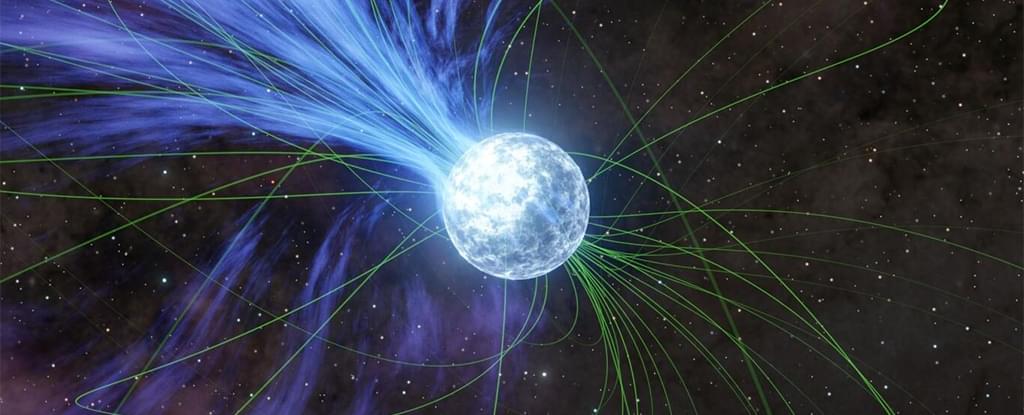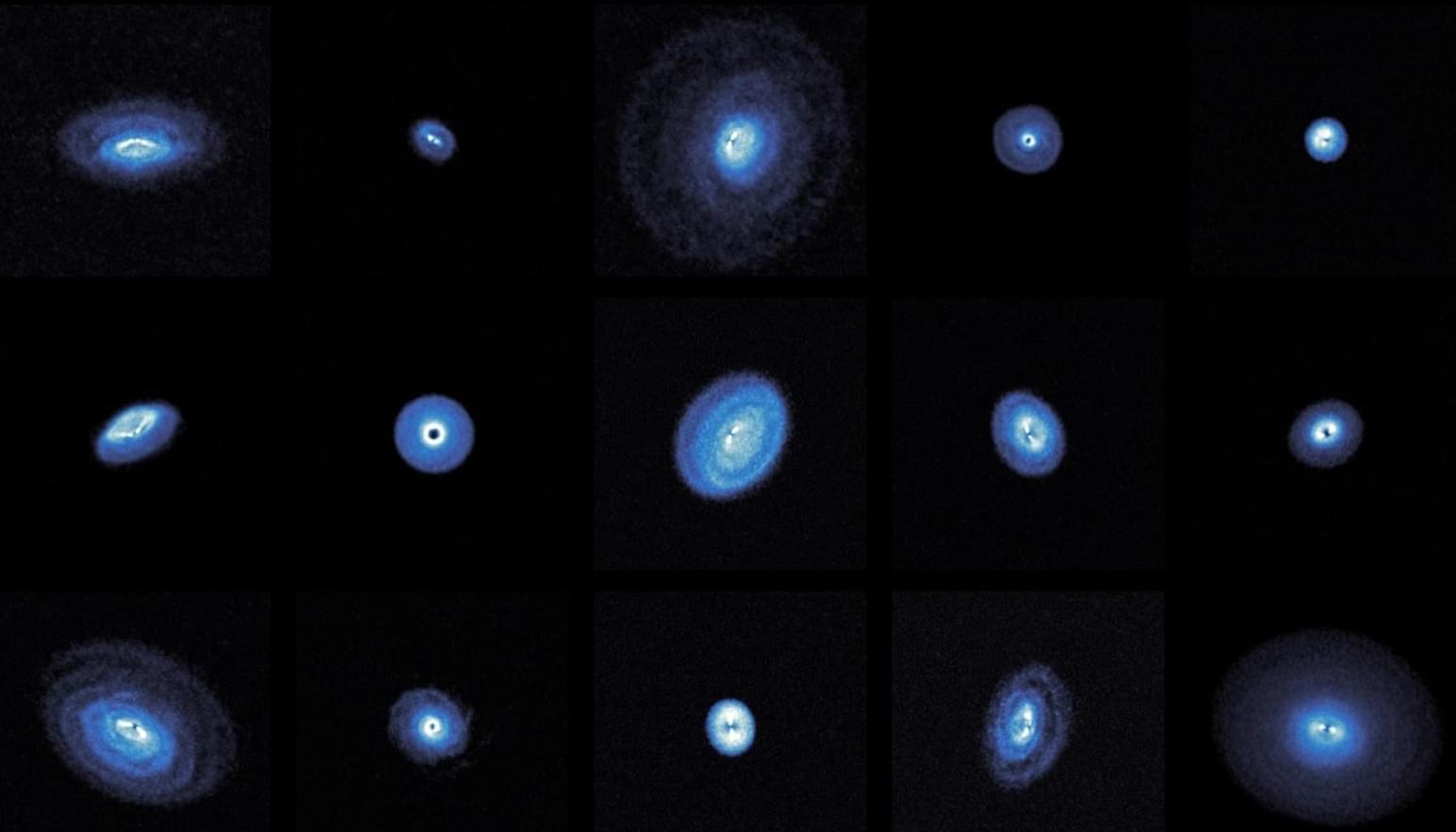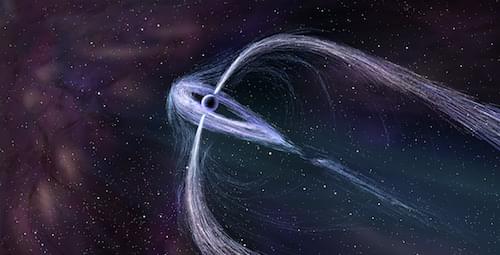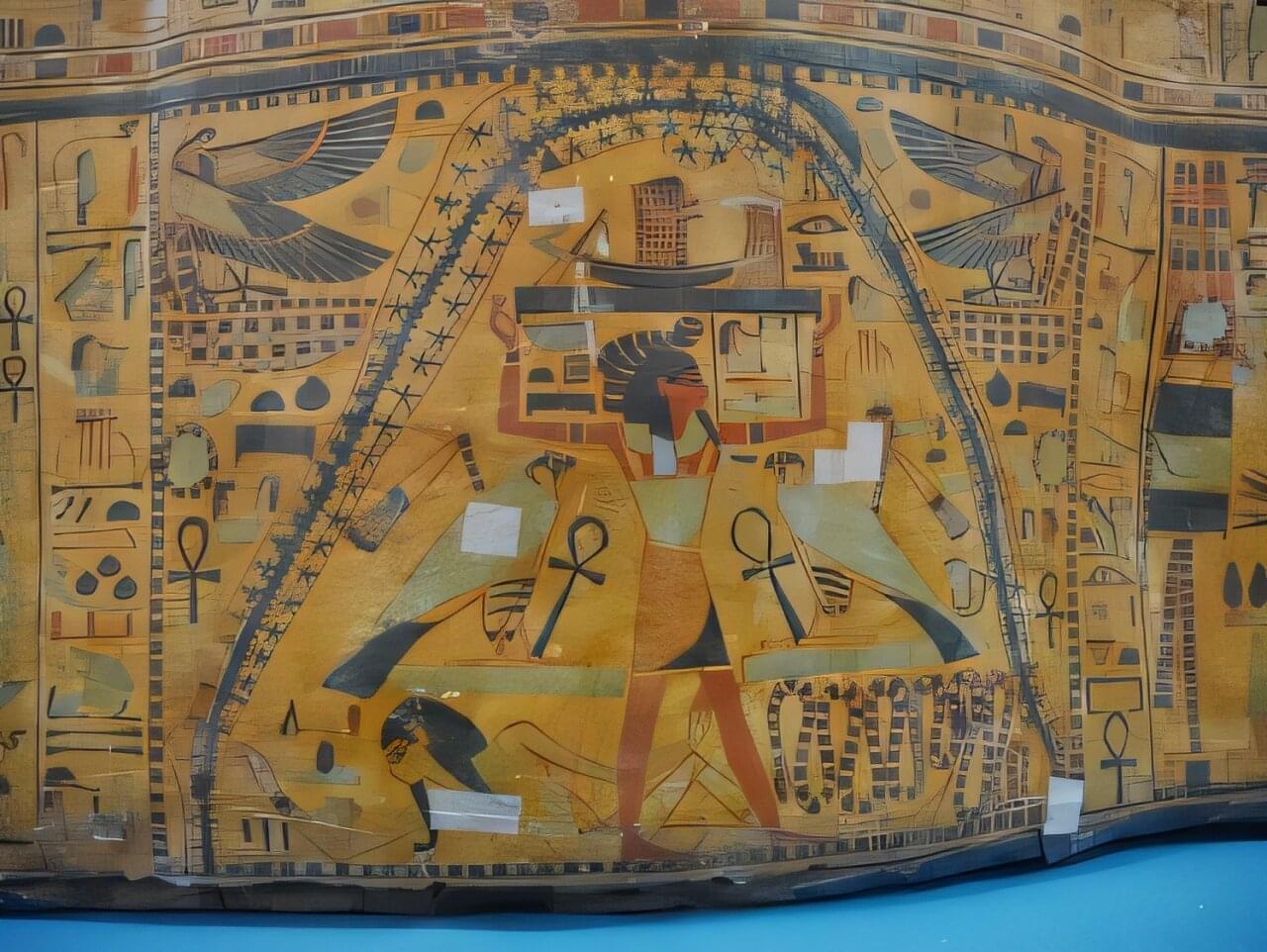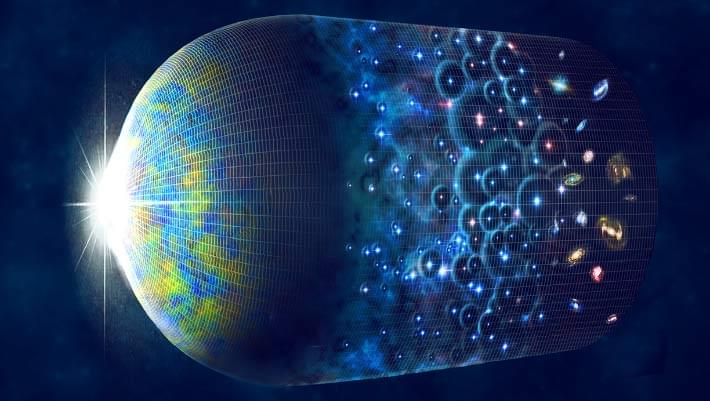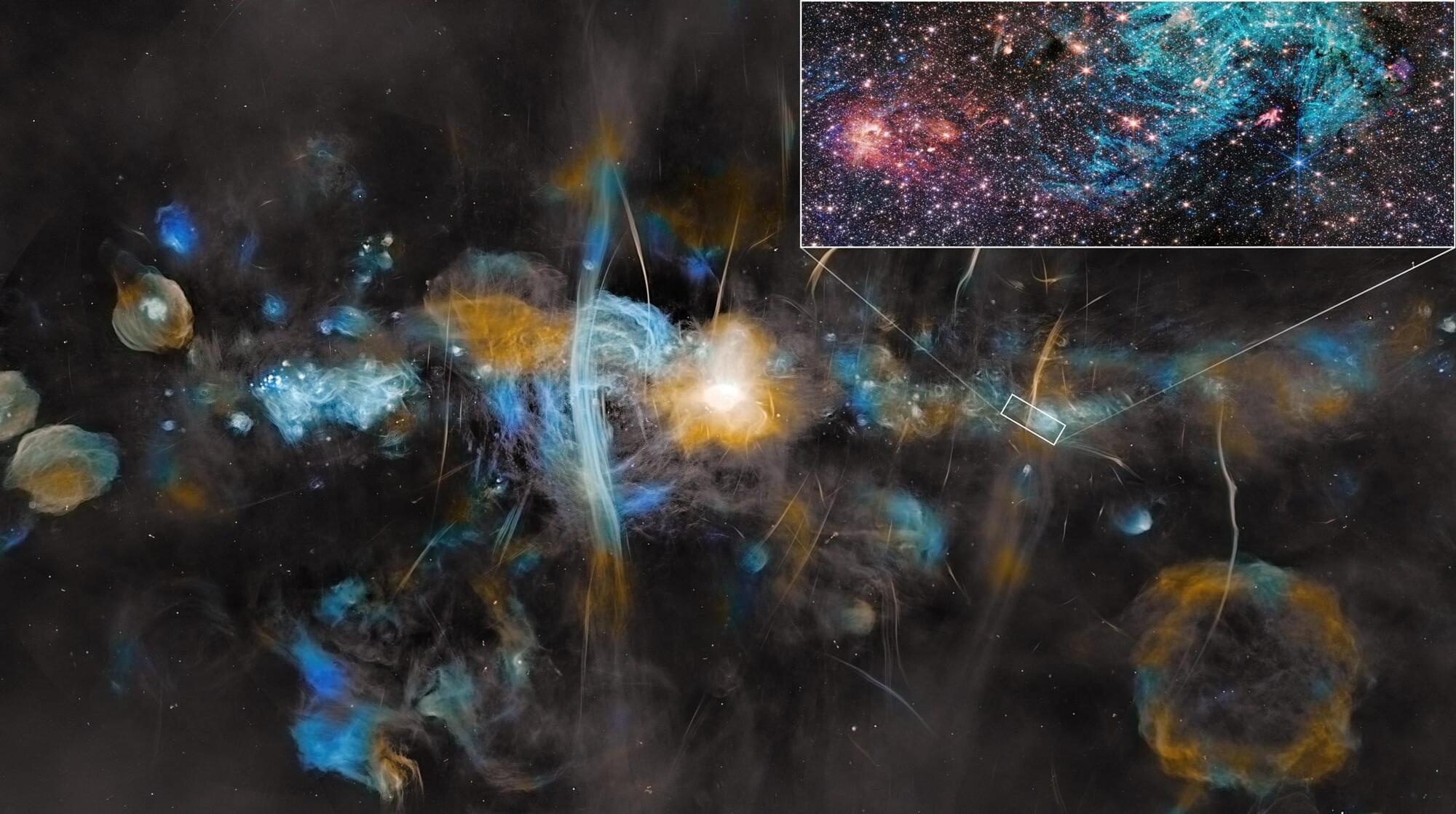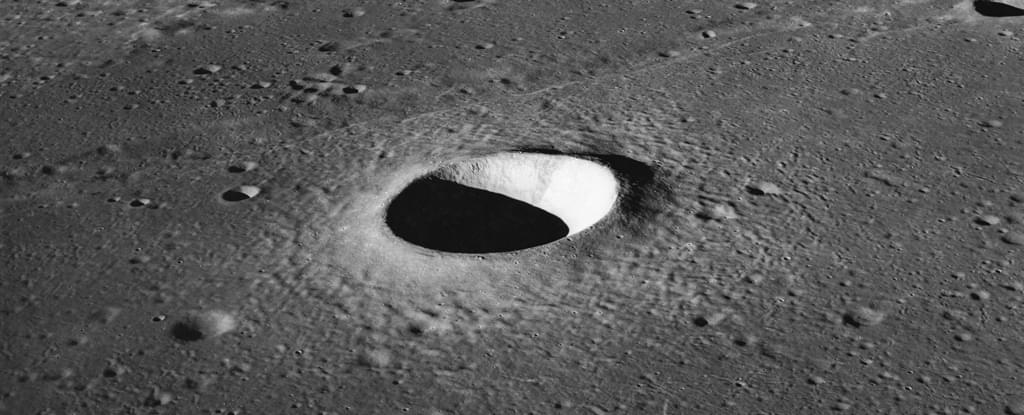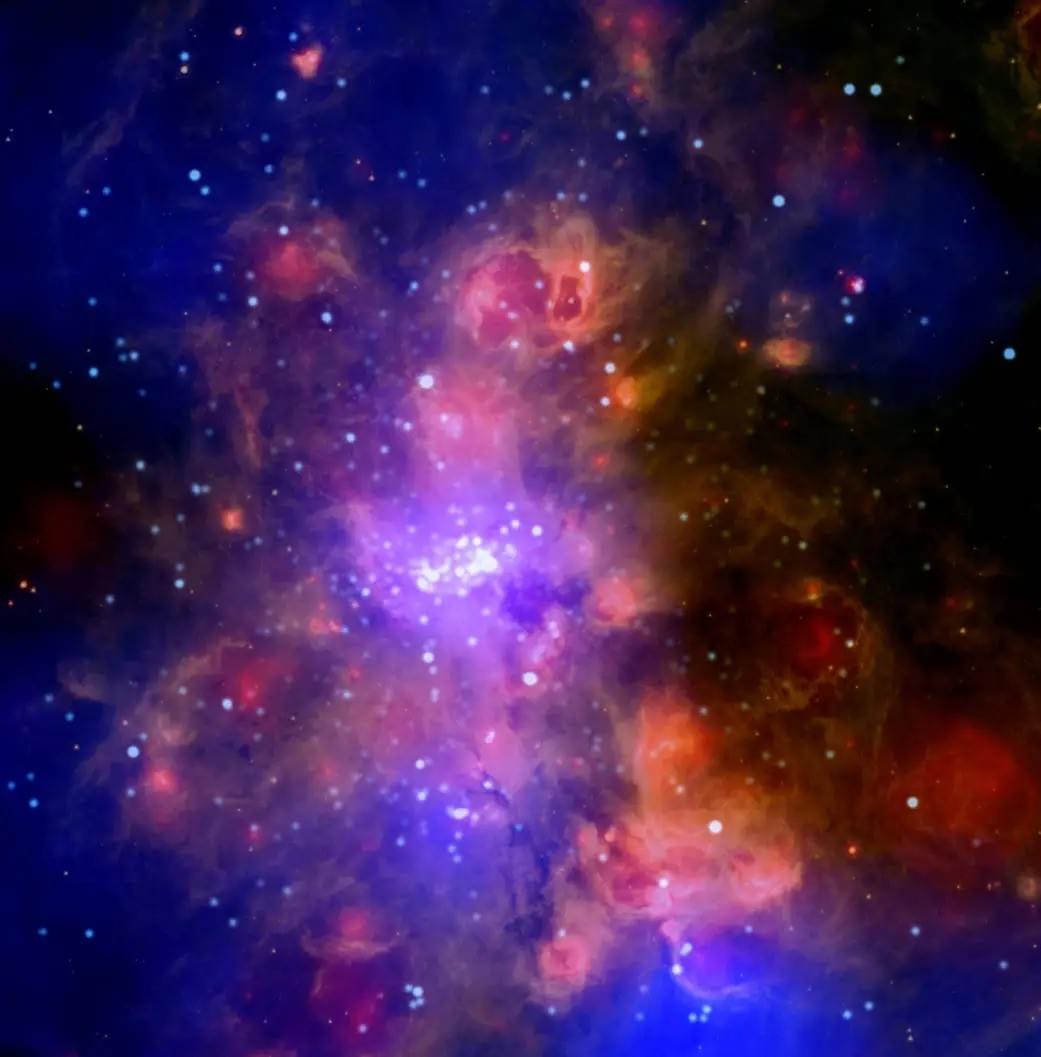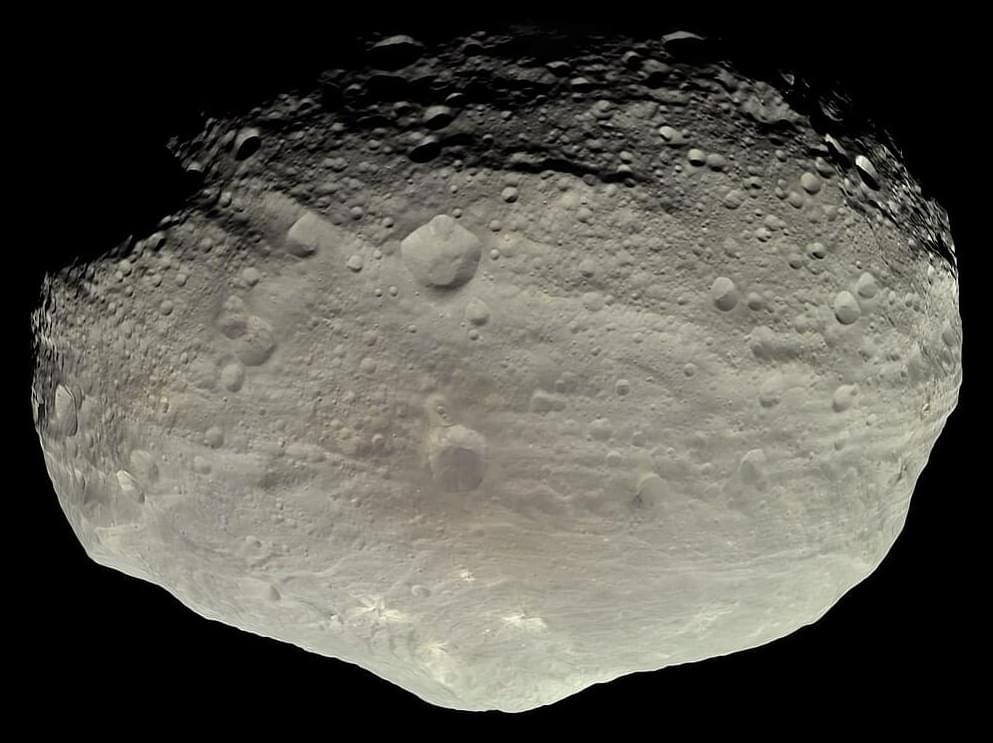Scientists have long been trying to determine how elements heavier than iron, including gold and platinum, were first created and scattered through the Universe, and new research may give us another part of the answer: magnetars.
Rare, giant flares erupting from these highly magnetized neutron stars could contribute to the production of the heavy elements, based on a fresh analysis of a magnetar burst captured in 2004.
The full story of that burst wasn’t understood at the time. The latest work, from an international team of scientists, suggests the flash of gamma ray light captured back then originated from heavy elements being shot out into space.
